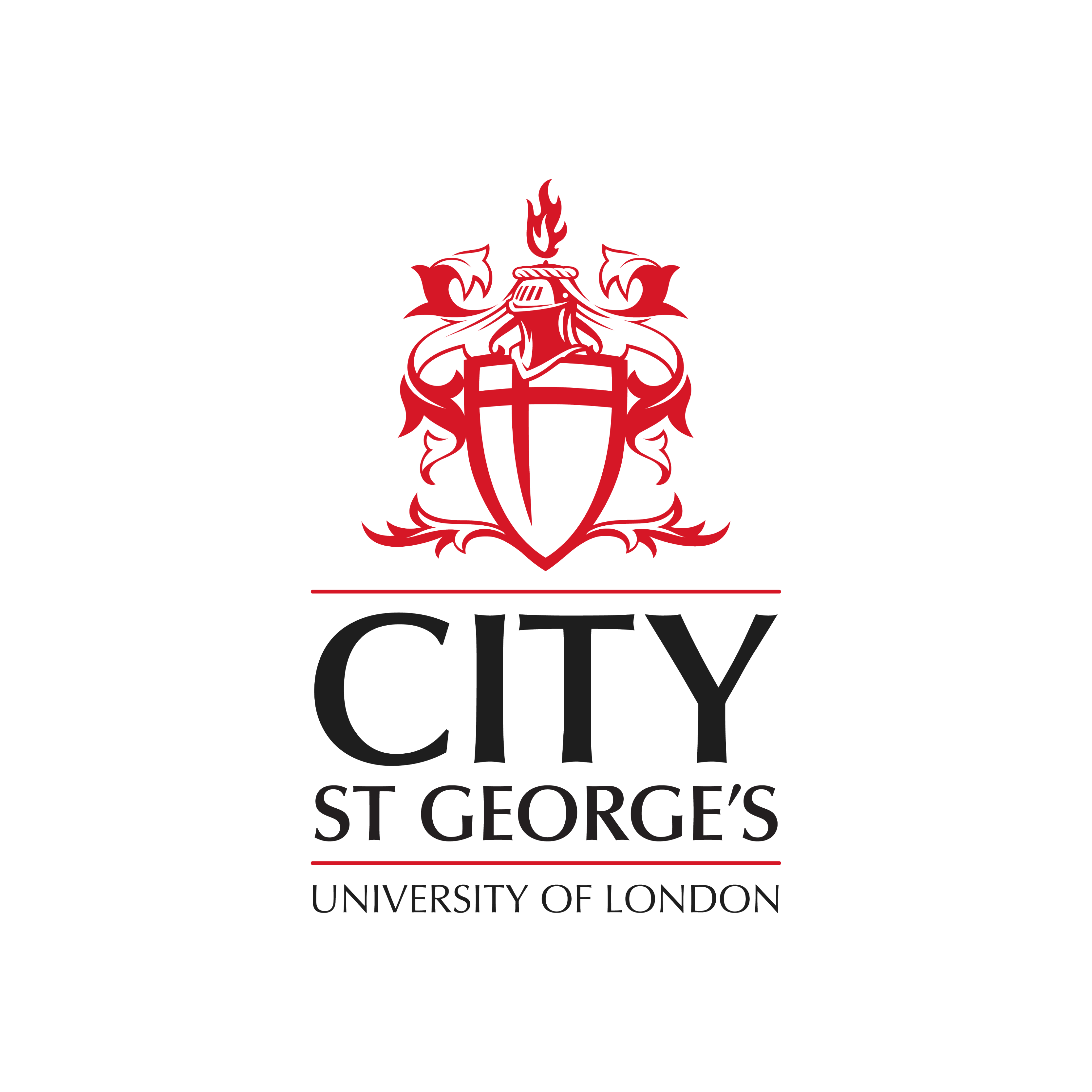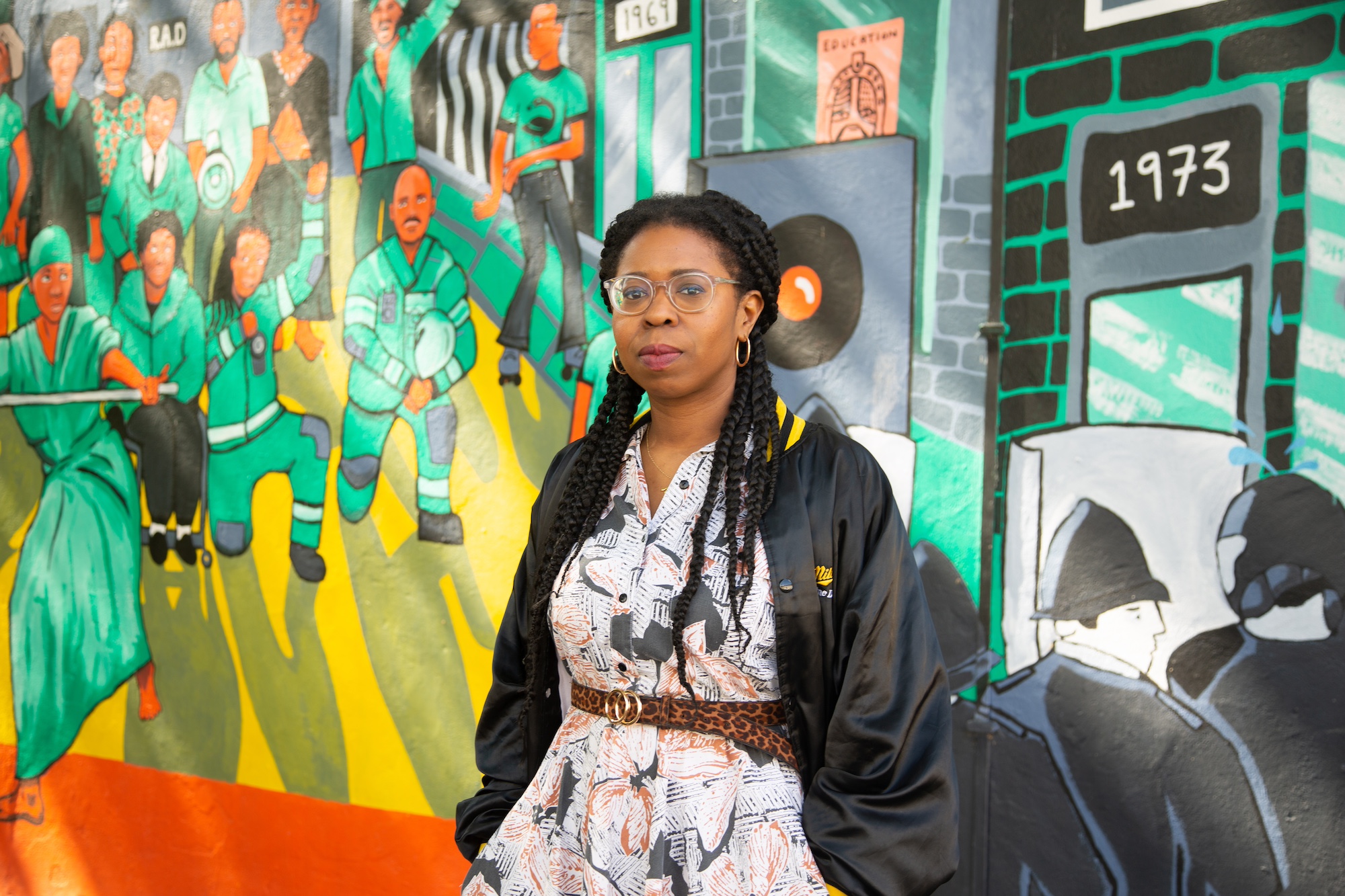Emily Warner (L) and Laura Howes (R) both gained new skills from work experience.
Making the right connections in the office can help you build up a contact list and eventually lead to you landing your first job. That’s how it happened for Laura Howes, 24, who graduated from City’s MA in Television Journalism and went from completing work experience at Good Morning Britain to becoming a researcher on The Jeremy Vine & Storm Huntley Show at ITN.
“I formally applied and went through the normal application process,” Laura tells Journo Resources. “But I would definitely say it was helpful that I already was at least familiar with at least 30 to 40 per cent of people’s names in that particular newsroom.”
What Should I Consider Before Applying?
Before you apply for an internship, you first need to understand what area of journalism you want to focus your career on. Whether you’re a budding fashionista who wants to write long profile pieces or a news hound doggedly focused on reporting, choose a publication that reflects your ambitions and gives you an opportunity to see what career path works for you.
To give you a better likelihood of success and make sure you get the chance to actually do some work, aim for smaller publications, digital-only platforms, local newspapers and radio, and even trade press, sometimes known as business-to-business or B2B media, which caters to readers in a specific industry. Well-known outlets like Vogue are more likely to be overwhelmed by applications and editors may have less time to offer you the writing opportunities or guidance and feedback that you need to succeed.
While some work experience schemes at larger organisations are paid, the majority of placements are unpaid, although some will at least offer travel expenses to help you get to and from the office. There’s a fine line between experience and unpaid work, so make sure to think critically about what you’re being asked to do.
Jason recommends limiting the amount of unpaid placements you take on, to avoid being exploited for your work. Similarly, he tells us that “two weeks would be the ideal length,” for student journalists to stay at one placement, “because you’re there long enough to get to know people, and for them to get to know you.”






